Council tenants in Dundee could face a rent rise of at least 3% amid the cost of living crisis.
Councillors are being asked to approve a consultation on how much rents will go up by next year.
The local authority normally puts three options to its tenants each year on how much they want to pay.
In turn, it sets out what the extra cash would be used for.
The latest proposed rise comes as households across the city continue to battle spiralling costs – with energy bills rising at the start of this month and a UK Government support scheme only in place until April.
How much more rent could Dundee tenants pay?
If the council’s neighbourhood services committee approves the consultation, three options will be put to tenants:
- 3% increase with a maximum rise of £2.41 per week.
- 3.25% increase with a maximum rise of £2.62 per week.
- 3.5% increase with a maximum rise of £2.82 per week.
Any rises would come into force from April 2023.
However, residents could be handed a reprieve if the Scottish Government extends its freeze on rents in the social and private-rented sectors beyond March next year.
If that happened, the results of the consultation would not apply.
Why could Dundee rents go up in 2023?
Heather Anderson, convener of the neighbourhood services committee, has explained why the council is proposing to put up rents.
She said: “The rent increases that were supported during the consultations in previous years have helped us to continue to clear the backlog in repairs and maintenance caused by Covid, keep up levels of investment, and improve the energy efficiency of tenants’ homes which go far in tackling fuel poverty levels in the city.
“The choices tenants have previously made have helped with the building of new homes and assisted us with supporting people to maintain their tenancies.
“We know tenants want us to clear the Covid backlog in repairs and maintenance and that’s why we are proposing the minimum increases we need to continue this work.”
What would the extra money pay for?
The council says the lowest weekly increase would allow the council to maintain existing service levels.
A 3.25% rise would generate extra income of £130,000, which – with the help of borrowing – could provide external wall insulation for 184 houses.
Should a 3.5% rise be supported, this would help fund enough borrowing for the council to pay for wall insulation on 368 houses.
Other energy-saving measures would also be considered.
Would residents be offered support to pay their rent?
The council says it is “acutely aware” of the pressure the cost of living crisis is putting people under.
Ms Anderson says as a result, the local authority is proposing to double its Hardship Fund to £1m.
She added: “This will hopefully ensure that all council tenants suffering financial hardship can seek the support they need to meet their rent next year.”
The two-month consultation would include community events, discussions with registered tenants’ organisations and information on the council’s website and in council offices.
Councillors will decide whether to proceed with the consultation at a meeting on Monday.
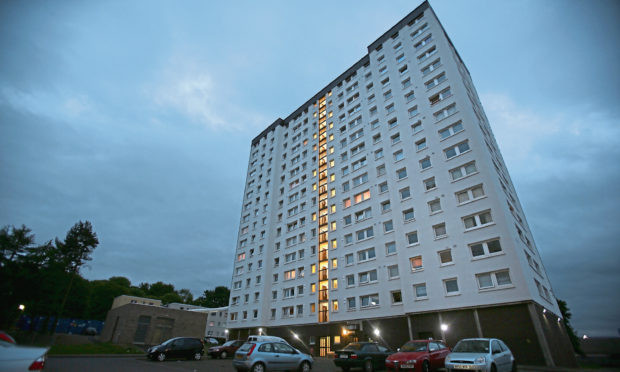
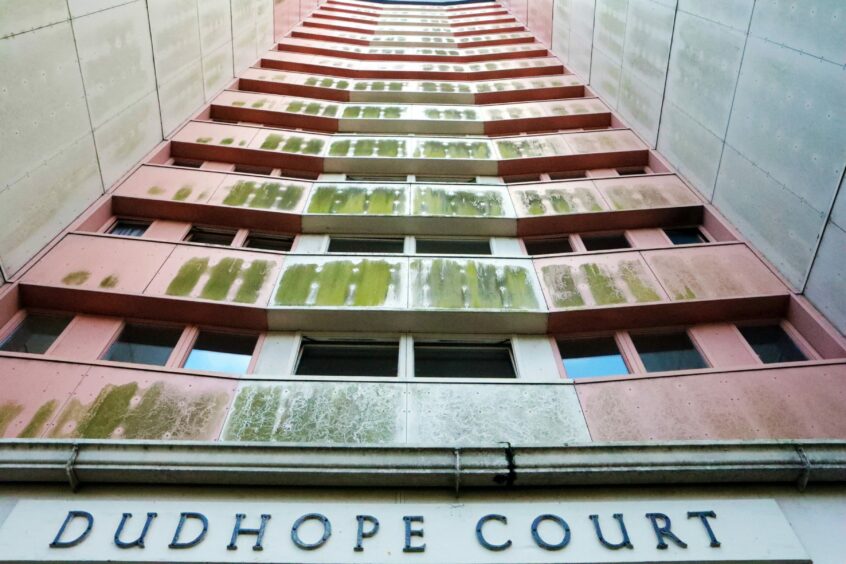







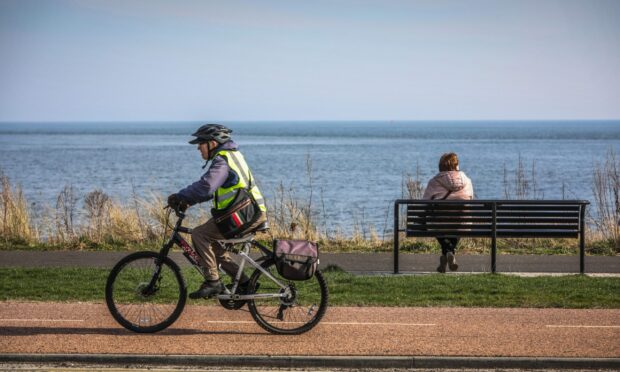
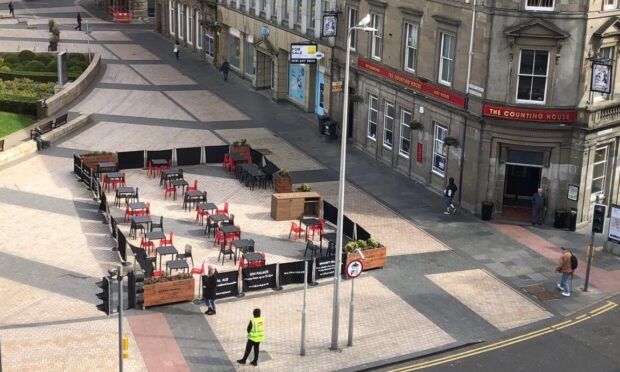
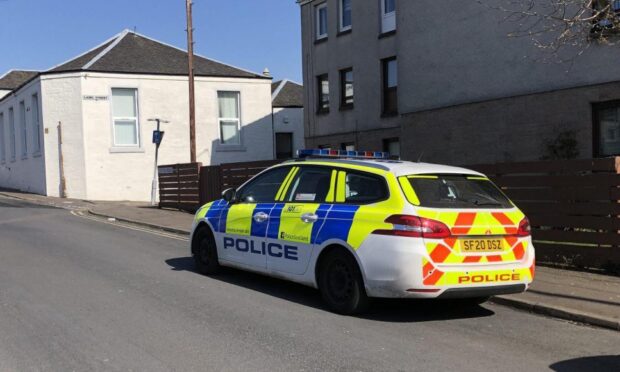
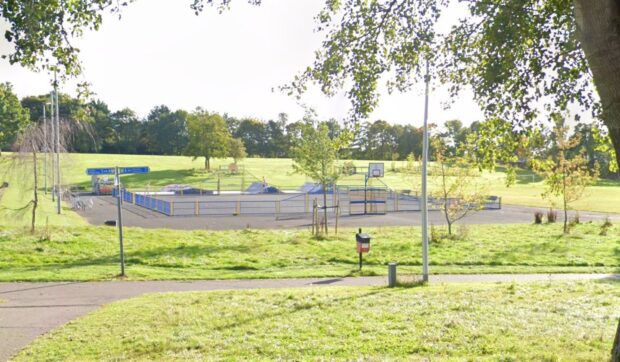
Conversation